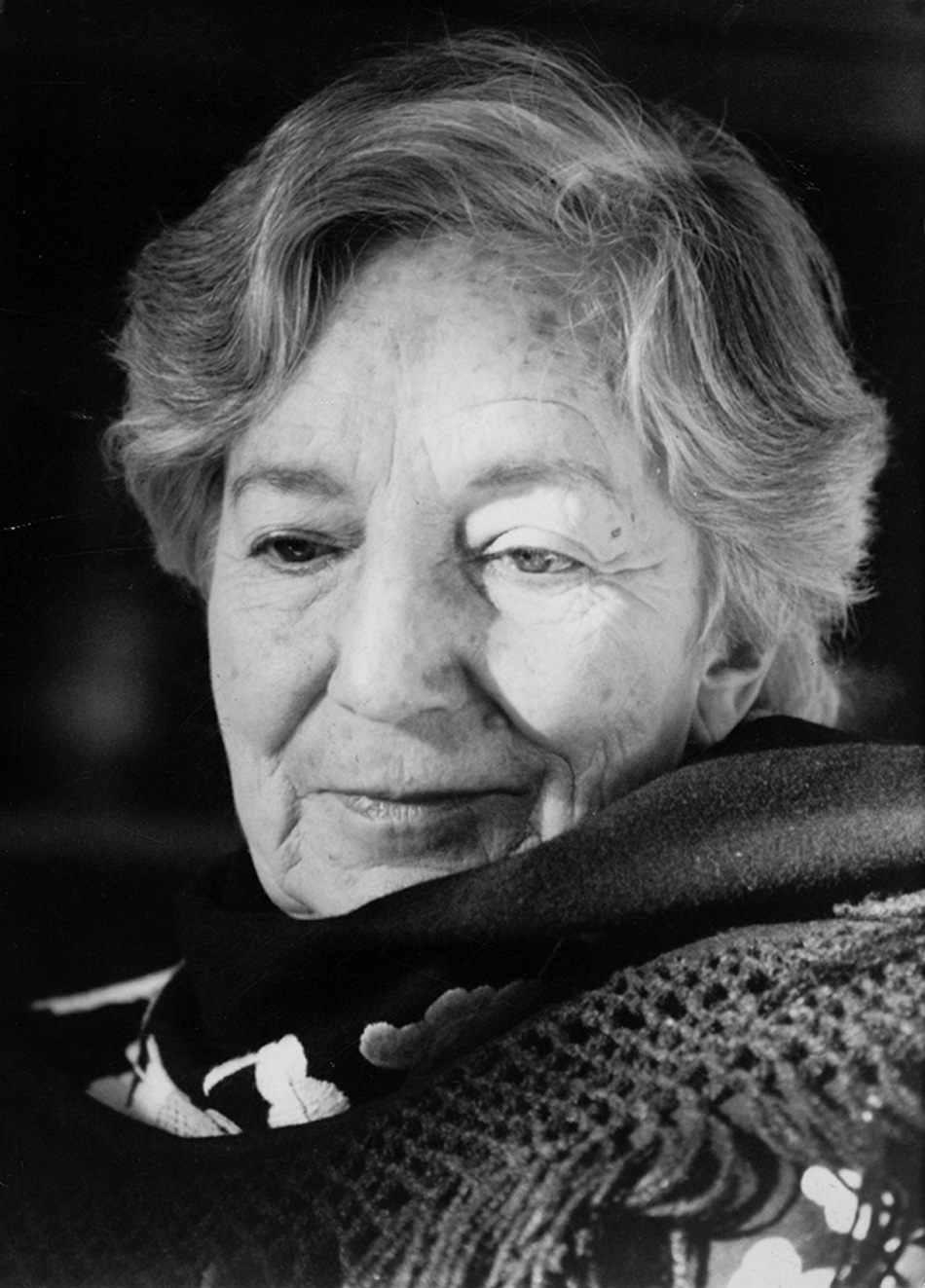More languages
More actions
(Created) Tag: Visual edit |
No edit summary Tag: Visual edit |
||
| Line 7: | Line 7: | ||
== Political career == | == Political career == | ||
In 1930, Martínez visited Guayaquil with her mother and met [[Joaquín Gallegos Lara]], a member of the [[Communist Party of Ecuador]]. In 1933, she moved to Ambato, became a teacher, and joined the Communist Party. She married Gallegos in 1934, and they both moved to Quito in 1935. Martínez helped found the [[Ecuadorian Indigenous Foundation]] in 1944, the first nationwide indigenous organization in Ecuador.<ref name=":0" /> | In 1930, Martínez visited Guayaquil with her mother and met [[Joaquín Gallegos Lara]], a member of the [[Communist Party of Ecuador]]. In 1933, she moved to Ambato, became a teacher, and joined the Communist Party. She married Gallegos in 1934, and they both moved to Quito in 1935. Martínez helped found the [[Ecuadorian Indigenous Foundation]] in 1944, the first nationwide indigenous organization in Ecuador. | ||
After [[José Ibarra]]'s coup in 1945, Martínez began a tour of [[Latin America|Latin American]] countries starting with [[Republic of Guatemala|Guatemala]]. She traveled to [[French Republic (1946–1958)|France]] in 1949 at the invitation of the [[International Women's Federation]]. In Paris, she married the [[Anti-fascism|anti-fascist]] [[Raymond Mériguet]] (her first husband had died in 1947). | |||
Martínez was suspended from the PCE in 1957 due to internal struggles. In 1977, she founded the [[José Martí Cultural Institute]] to support the [[Cuban Revolution]].<ref name=":0" /> | |||
== References == | == References == | ||
[[Category:Communists]] | [[Category:Communists]] | ||
Revision as of 12:32, 11 February 2023
Nela Martínez | |
|---|---|
 | |
| Born | 24 November 1912 Cañar, Ecuador |
| Died | 30 July 2004 Havana, Cuba |
| Nationality | Ecuadorian |
Nela Martínez Espinosa (24 November 1912 – 30 July 2004) was an Ecuadorian communist.[1]
Early life
Martínez was born in a very religious landowning family in 1912. As a child, she became close to indigenous peasants who worked on her father's estate. She entered a Catholic boarding school at age 12 where she read revolutionary texts by José Carlos Mariátegui and returned to her hometown in 1927.[1]
Political career
In 1930, Martínez visited Guayaquil with her mother and met Joaquín Gallegos Lara, a member of the Communist Party of Ecuador. In 1933, she moved to Ambato, became a teacher, and joined the Communist Party. She married Gallegos in 1934, and they both moved to Quito in 1935. Martínez helped found the Ecuadorian Indigenous Foundation in 1944, the first nationwide indigenous organization in Ecuador.
After José Ibarra's coup in 1945, Martínez began a tour of Latin American countries starting with Guatemala. She traveled to France in 1949 at the invitation of the International Women's Federation. In Paris, she married the anti-fascist Raymond Mériguet (her first husband had died in 1947).
Martínez was suspended from the PCE in 1957 due to internal struggles. In 1977, she founded the José Martí Cultural Institute to support the Cuban Revolution.[1]
References
- ↑ 1.0 1.1 1.2 "Nela Martínez Espinosa (1912–2004) Women of Struggle, Women in Struggle" (2022-03-30). Tricontinental. Archived from the original on 2022-11-26. Retrieved 2023-02-10.
